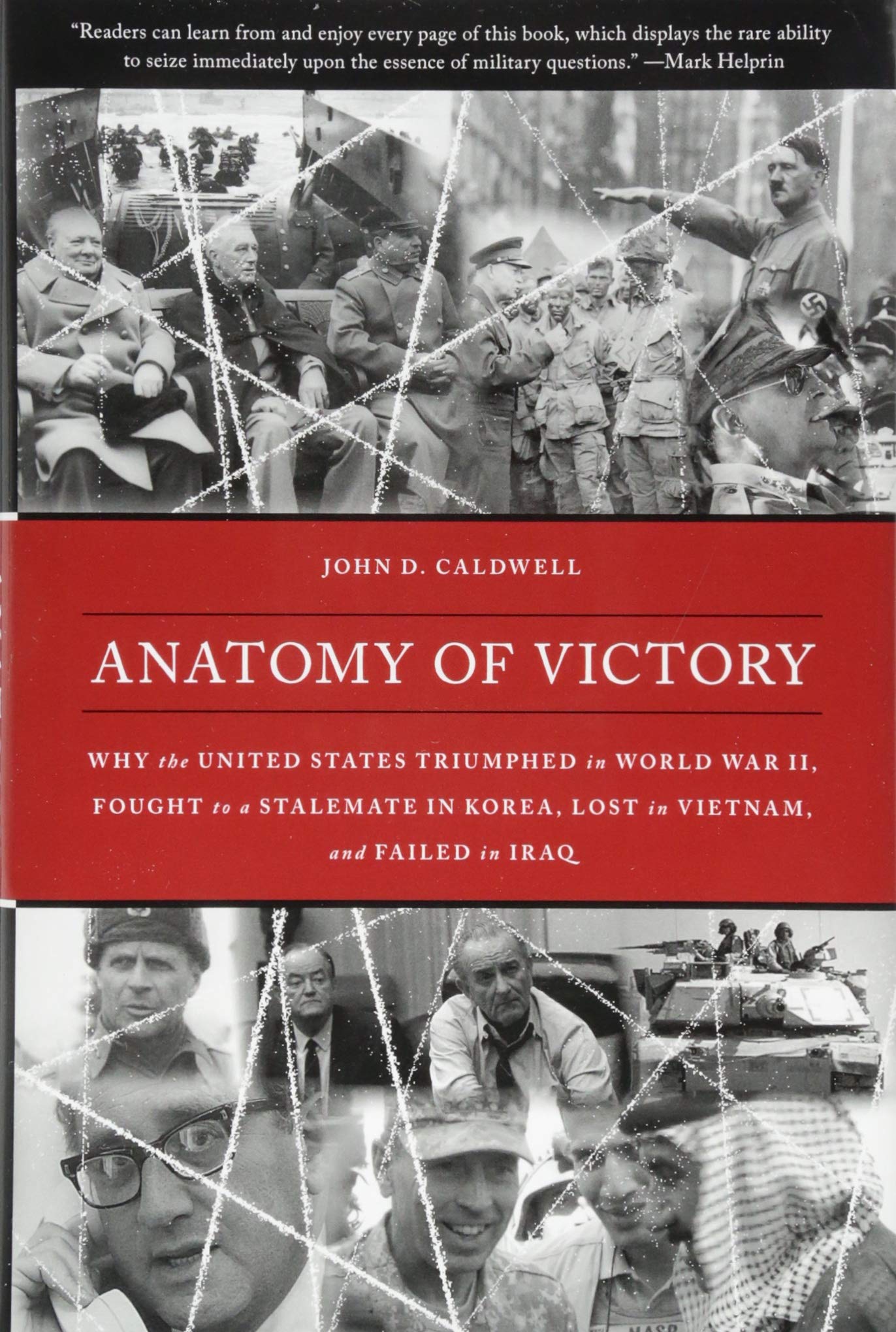EP 226 The White Working Class In America
Americans may have thought that we discarded a class system when we threw a tea party in Boston many years back. If we did, Joan Williams is here to report–it’s back. And much of it revolves around the fact that our self image as a country with a large and growing middle class, with steady jobs and decent benefits, is all but gone. In its place, those somewhere in the middle have felt a level of anxiety about the future and a certain resentment about how they are treated and represented. in her book, ‘White Working Class: Overcoming Class Cluelessness in America’, Professor Williams tries to explain to her fellow professional-managerial elite what they don’t understand about this large group in the sinking middle. It’s a compelling read and listen.
Podcast: Play in new window | Download









